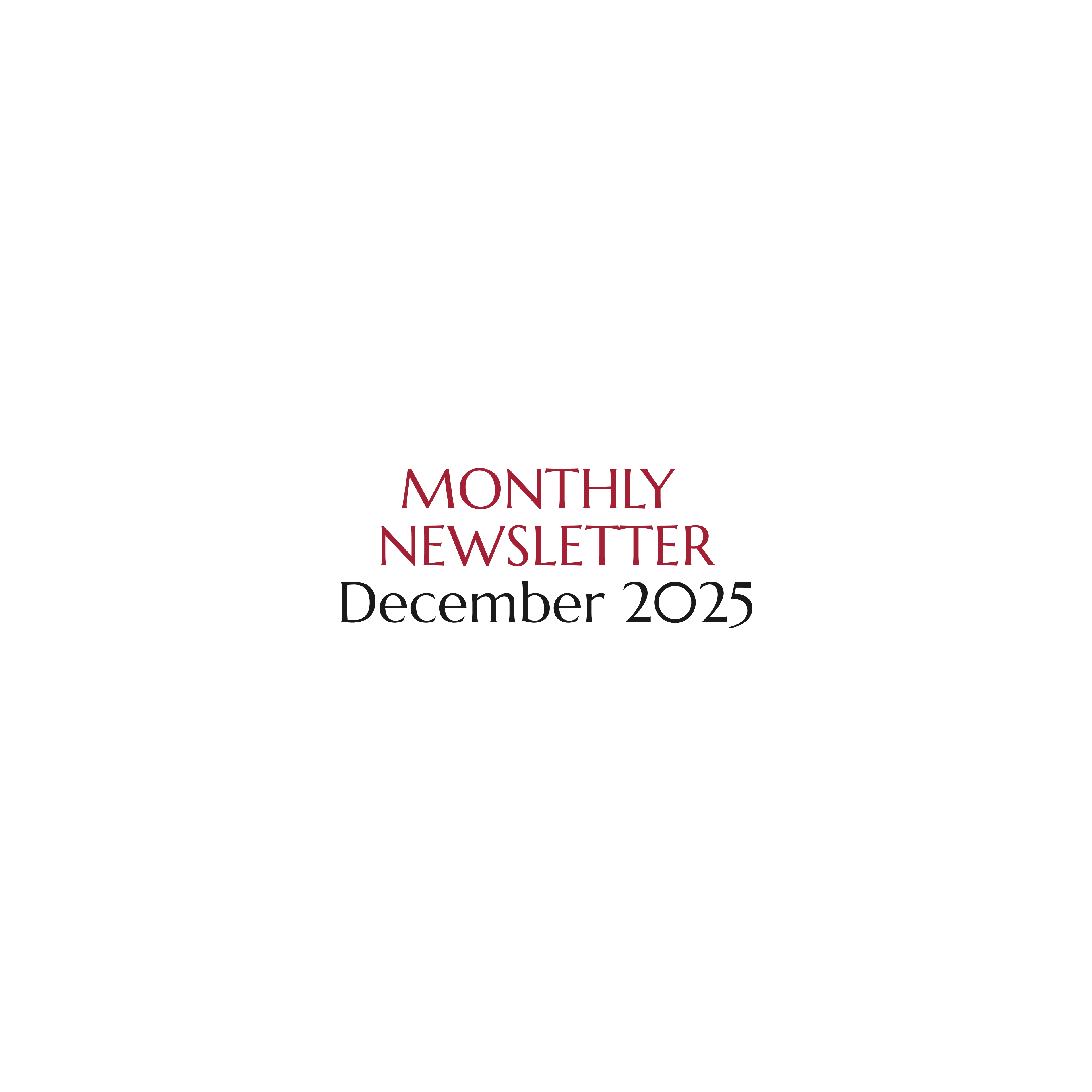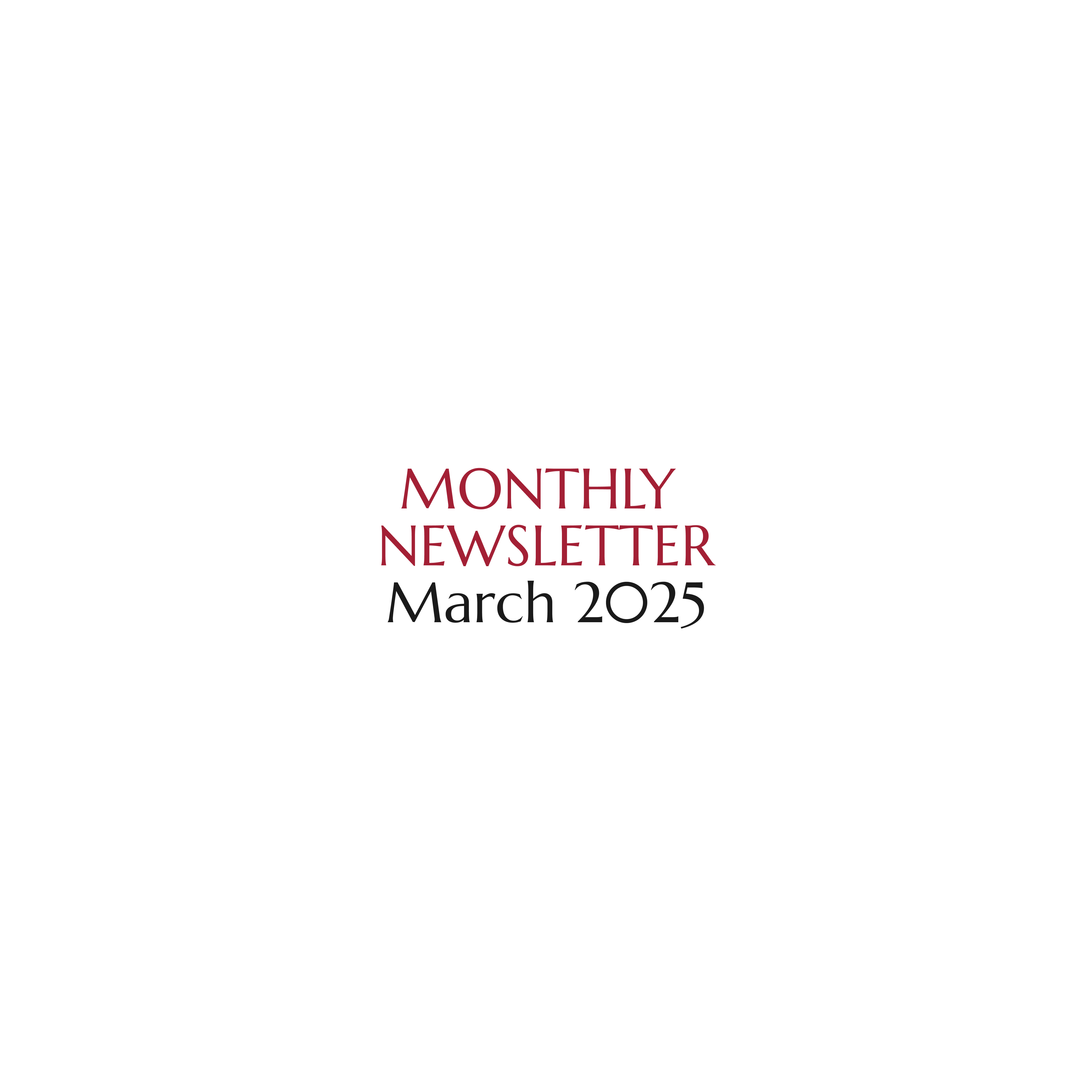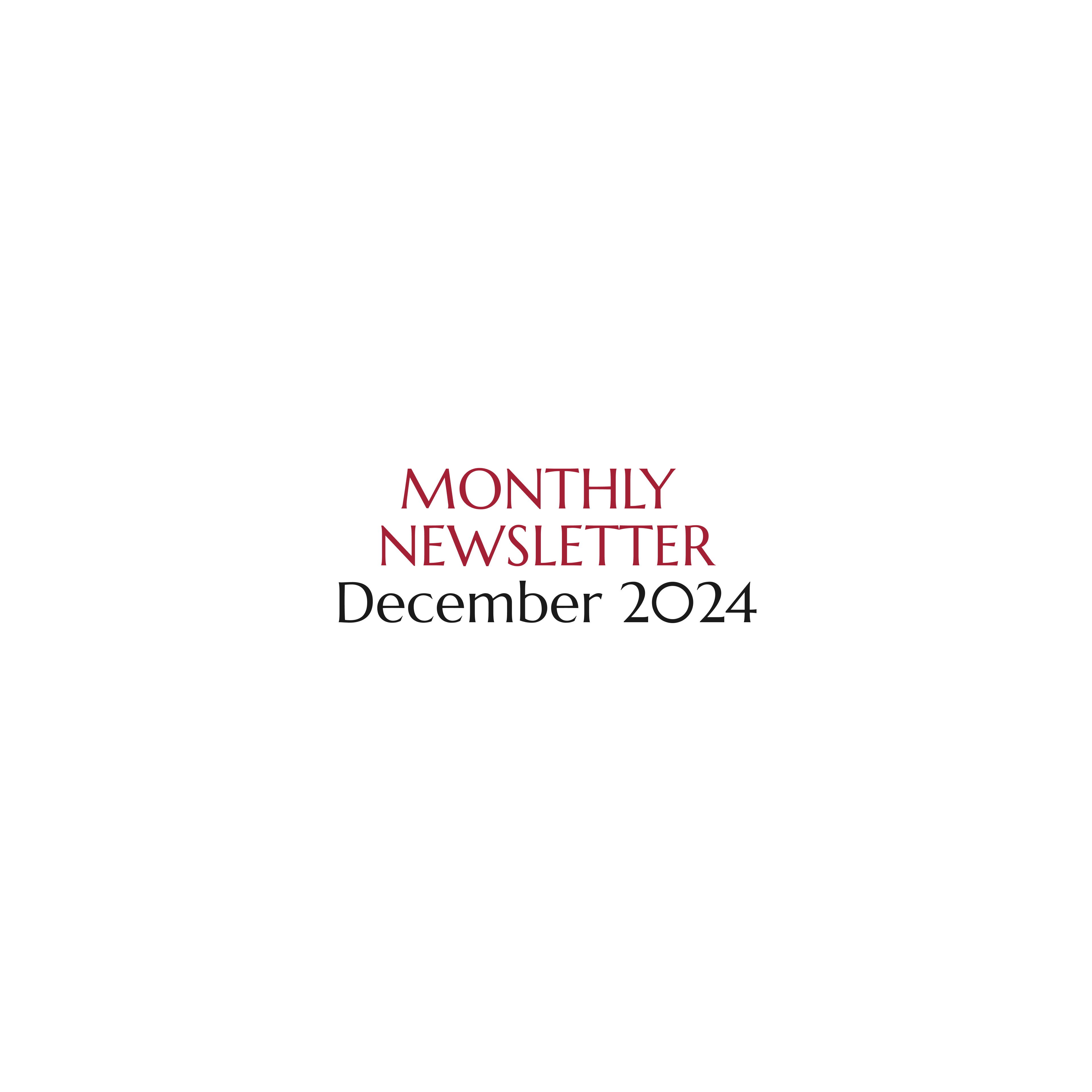The talks of artificial intelligence bubble, the sharp fall in cryptocurrencies, the debt binge that has become almost too frequent with some major IT players (have a look at Oracle!) are fueling the anxiety-inducing stock market news in November and are very much centric on one narrative. Nvidia's results were eagerly awaited as a litmus test that could tip the markets one way or the other. At the end of the period, the stellar figures from the largest US company reassured the markets, while in the hours that followed, the increased probability to see the Federal Reserve cutting in December contributed to a return to calm. Greenspan has not been at the helm of the Fed in a long time, but the "Greenspan Put" remains relevant: mention a rate cut and investors relax. These year-end fluctuations are likely to continue, and we believe it is more important than ever not to base allocations on the weightings of the major global indices, which remain grossly overweight in US equities but to consider other investment areas, primarily in Asia in the broadest sense for its secular growth and rerating potential, but also in a few selected investment themes in Europe with 2026 in perspective. We are discussing these topics in more detail in our newsletter.
As always, the answer to this question depends on where you find yourself. A French investor who sees his successive governments' survival times becoming shorter and shorter will find it difficult to be optimistic. On the other side of the Atlantic, investors are experiencing a very different atmosphere. As the earnings season progresses, it is very likely that the results will be good, with 80% of US companies that have reported beating estimates in terms of revenue and profit. However, this month has not been without its hiccups, with a few abrupt down sessions. Despite this, equity markets quickly returned to their upward trend, buoyed by enthusiasm for artificial intelligence. Such fervor is reminiscent of the dot-com bubble and raises questions about its sustainability. Amongst other topics, we address these questions in our investment letter.
The expression takes on its full meaning after Ursula von der Leyen's visit to Donald Trump at his golf course in Turnberry, or in light of the 39% tariffs that the United States are threatening to impose on Switzerland. It is difficult to make predictions, especially about the future. Often quoted, this phrase has been attributed to Danish wisdom, Niels Bohr, Mark Twain and Pierre Dac, among others. Despite its uncertain origin, the saying remains timeless when it comes to anticipating market trends. Donald Trump and his constant U-turns are giving it a new lease of life, while forecasters – even the most prestigious ones – are chasing after news that always seems to elude them. Nevertheless, it is clear that the steady news flow seems to require constant adjustments. Since Donald Trump's inauguration, we have taken a somewhat opposite approach, making few changes to our allocations. This was a bold choice at first, but ultimately a wise one, as it has allowed us to avoid a few missteps. However, we felt it was wise to partially secure some of the equity gains achieved this year by spending a small premium on market hedging. The small fraction of profits to be invested in order to get through the summer with peace of mind seemed attractive at a time when US stock valuations are particularly stretched. We are discussing in more detail these topics in this newsletter.
That’s how we might sum up the current sequence of events. Remembering that on April 2nd, Donald Trump shocked the world by unveiling universal tariffs on goods imported into the United States. Very few territories were spared, even the Heard & MacDonald Islands (although inhabited only by penguins) were punished; more fortunate Vladimir Putin's Russia was amongst the very few missing countries. It then took just a week for Donald Trump under the pressure of financial markets to declare a 3-month implementation freeze. With US long-term interest rates beginning to soar, the wake-up call had been loud. For China to benefit from a similar break, market participants had to wait until the beginning of May and an extraordinary summit between the two super-powers in Geneva. The deal resulted in a reciprocal 115% reduction in customs duties between the two countries over the next three months.
This was all it took for equity markets to almost fully recover. Volatility, which exploded in April, quickly returned to normal, but there is no guarantee that it will not spike again this summer. The risk of long-term interest rates drifting higher is also good reason to remain cautious. US equity markets so far remained unaffected by the rise in long-term interest rates, but there is no guarantee it will be the case forever, especially as high multiples and sluggish earnings growth make US equity markets look even more fragile. We are developing these ideas in this newsletter.
Markov, a Russian mathematician, remains well known for modelling stochastic processes, one of the classic illustrations of which is known as the alcoholic's gait: given that a drunkard advances by taking each step in a random direction, how long before he returns to his initial position?
In April, the markets displayed a series of violent and contrasting movements that will once again delight record-breakers. And yet, despite this extreme volatility, despite the contradictory news distilled at a steady pace by President Donald Trump, US equities ended the month almost unchanged... like a drunkard returning to his starting point without really knowing quite how he got there.
The comparison has its limits: at every step, the drunkard has no recollection of his previous step. On the contrary, we can assume that there are significant memory effects in the markets.
It also raises questions of particular interest for investors: if we're more or less back where we started, does this mean that the contradictory news of April has finally cancelled itself out? Or are markets being complacent and misreading a new reality?
These are all topics we address in this newsletter. However, a large part of the "rest of the world" (Europe, South America, and parts of Asia as well...) seems to us more attractive in light of current conditions. No more exposed to tariffs than the United States, these "non-US" investments help avoid being in the eye of the storm if Donald Trump returns with a new episode of wild economic innovation.
In a word: stay in the game by partially immunizing yourself against a further decline in the US exceptionalism premium.
President Franklin D Roosevelt first coined this term in July 1933. The expression became a measure of a President’s success and achievements when their power and influence are at their highest point. Rarely has an expression seemed so fitting as in the case of Donald Trump. Since his first days in office he has already signed a consequent number of executive orders and made claims of resolving international conflicts in the Middle East and in Ukraine. He also did not hold back in his efforts to launch a 500 billion AI infrastructure plan and to downsize federal government with the help of Mr Musk and DOGE (the Department Of Governmental Efficiency). For the past month, everybody’s eyes have turned on the White House and its occupant. In part stunned and in part worried, already wondering what the remaining 47 months of this Donald Trump presidential term might hold in store... Although Donald Trump’s first 100 days are still far from over, they are proving to be full of surprises: international issues and the trade war are taking precedence over domestic economic issues (think about inflation) and the tax cuts promised during the campaign. As such, we prefer to stay vigilant about the US market against a backdrop of high valuations and expectations. Although the threat of tariffs remains a short-term risk, the US pullback and the emergence of a new European dynamic represent an opportunity to pursue European integration further. On that note, investors should be wise not to forget the Old Continent and keep also a close eye on Mr Merz’s first hundred days! We are detailing these subjects in this newsletter.
Donald Trump's inauguration was barely two weeks ago, but the US President had already stolen the show, saturating the media over the past two months. On both social and economic issues, Donald Trump was everywhere and the markets, although quick to anticipate, sometimes struggled to keep up. The overwhelming predominance of the United States is nothing new, and a breakdown of the performance of the world markets last year leaves us in no doubt about it: almost all of the 2024 performance was due to US stocks! Even if we summed up all the European countries’ contributions together into a single line, it would barely move the needle. The US, what else? There is no doubt that Trump and his no.1 buddy Elon Musk will continue to occupy the media landscape, but as far as financial markets are concerned, markets fond of renewed 'narratives', it looks to us like the 'Trump trades' are losing their momentum. The new story is perhaps closer to home. According to the Blackrock CEO Larry Fink, speaking at the Davos forum, "There is too much pessimism about Europe". This 'narrative' is gaining traction and should be a source of opportunity over the coming months, as the temporary bout of risk aversion triggered by trade tensions may also prove. We are discussing these topics in our newsletter.
Hollywood is no stranger to producing more or less successful sequels to successful films. In many ways, Donald Trump's return to the White House is reminiscent of these movie sequels, in which the hero returns in a new plot after a more or less long lapse of time. While it is still too early to assess the economic impact of Trump's second term in office, it is clear that the markets, particularly the US markets, have not remained indifferent to Donald Trump's announced return, appreciating by close to 6% over the month. In this newsletter, we take a closer look at these events and the themes that have been driving financial markets since then. With the victory of the Republicans both in the White House and in Congress, the Trump trades from 2016 are finding renewed interest. Among these, one currently has caught our eye: US small and mid-caps. In relative terms, this segment of the US market is the least expensive, with deregulation seeming to be the most achievable part of their program and the less costly one to implement. This sector should benefit disproportionally. It is though worth keeping in mind that the first measures will have to wait until the inauguration in January 2025…
US elections and the markets
Investors are fond of historical data, of market observations over a period of time, and they tirelessly seek out repeatable ‘historical’ patterns. So, when asked ‘Are some months better than others for stock markets? The answer is yes. There is no doubt that performance is not randomly distributed over the year. In reality, the ‘yes’ is more of a ‘yes but’, as the recent example in the Hong Kong market demonstrates. Although September is usually one of the worst months for stock markets in general and Hong Kong in particular, the Hong Kong market actually increased by about 20% in September this year... perhaps proving that statistics can be a false friend. One painful experience is not going to put off statisticians, as the US elections approach. The very short-term effects are generally in line with expectations, but in the medium and longer term, there are far too many factors at play to construct an allocation based on a political programme. Even with a crystal ball showing us the results of November 5th elections, our portfolio would probably remain unchanged. On that note, it is more useful to focus on fundamentals and the intrinsic value of underlying assets. From this point of view, a little caution towards the US stock market at the end of the year should not do any harm. We have often mentioned the high valuation of the Tech sector and the “Magnificent 7”, as well as the US exceptionalism, but when Walmart is valued at 35 times its earnings, it is worth thinking twice before putting new money to work. We are discussing these topics in this newsletter.
Let’s talk
"*" indicates required fields








